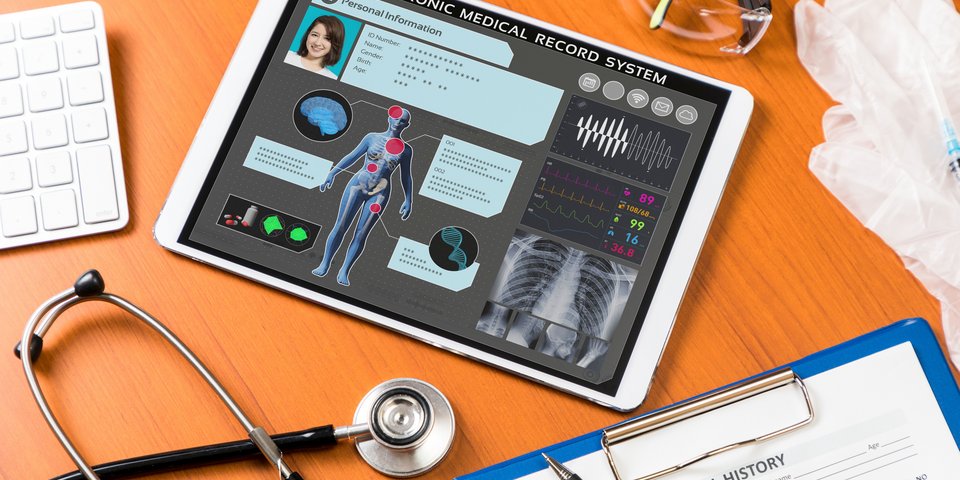 iStockphoto-metamorworks
iStockphoto-metamorworksMedical Devices and In Vitro Diagnostics Regulation
There is a lack of implementation of the medical device regulations.
UM – 06/2022
For
some time now, the medical device industry has been heavily critical of the
Medical Device Regulation (MDR), which comes into force on 26 May 2021, and
more recently of the In Vitro Diagnostics Regulation (IVDR). The obligation to
recertify existing products on the market is particularly problematic. At the
beginning of June, the German Hospital Federation (DKG), together with medical
societies from the fields of surgery, cardiology, and paediatrics and
adolescent medicine, also expressed concern about impending supply restrictions
and called for regulatory relief in a letter to the EU Health Commissioner,
Stella Kyriakides.
Supply bottlenecks have various reasons
The "Employment, Social Policy, Health and Consumer Affairs"
Council (EPSCO
Council) discussed medical devices on June 14. During an orientation debate, Kyriakides
clarified that further delays, and thus the extension of transition periods are
not an appropriate solution at this time. In December, the European Commission
intends to provide further information on the state of affairs. At the European
Council meeting, Germany called for an interim evaluation in December 2022 and
July 2023 in order to be able to examine the necessity for further action at an
early stage. The political decision also takes into account the fact that
supply bottlenecks for medical devices can have very different causes.
Market adjustment is deliberate
Last but
not least, the coronavirus pandemic continues to have an impact. Supply chains
have been interrupted and have to be re-established in some cases. These are
also partly economic decisions by companies to withdraw from the European
market. One must reckon with the following: the new law is accompanied by a
deliberate process of market adjustment. Moreover, key authorities for medical
device certification are no longer available following Brexit. Their tasks must
be performed by the so-called notified bodies in the EU.
Implementation is sluggish
This is
indeed the eye of a needle. This is because Brexit comes at a time when
notified bodies are undergoing an important reconfiguration process. Under the
new law, these must guarantee a quality-assured certification process. There
were major shortcomings here in the past. However, medical devices must first
qualify themselves and be re-designated for the recertification of existing
devices and the certification of new ones. As of June, only 30 notified bodies
are working for the MDR and only seven for the IVDR under the new law. The
Eudamed database for registration and identification of manufacturers and
products is also not yet fully operational.
Sometimes, there is also a lack of good will
Nevertheless, part of the truth is: It is incomprehensible why recertification causes so
many problems for high-performance existing devices. A position paper from the European
Commission's Medical Device Coordination Group (MDCG) confirms:
As of April 2022, 75 per cent of notified bodies reported that more than 50 per
cent of the applications submitted were deemed incomplete. This illustrates the
overall inadequate preparation of the manufacturers.
Transparency yes, sweeping criticism no
In
view of the mixed situation, it would also be wrong, in the opinion of the
German Social Insurance, to give in to pressure from the industry and change
the new laws again. However, action must be taken where facts are presented and
there is a real threat of gaps in supply. Transparency is needed for this, but
not blanket threat scenarios.
